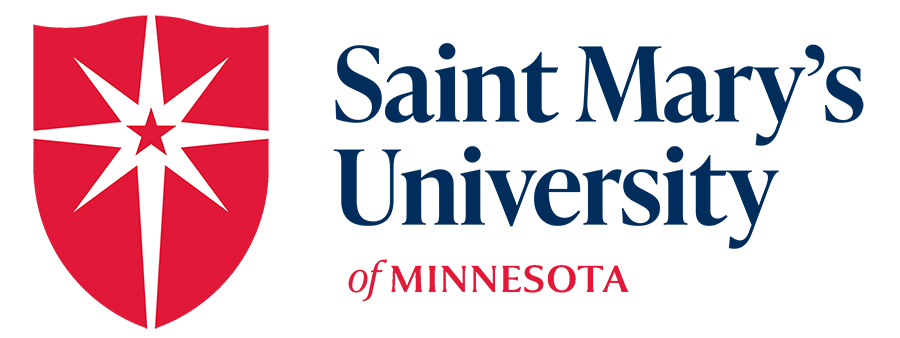Access Services
Understanding AccessibilityLegal Background
Section 504 of the Rehabilitation Act of 1973 and Title II of the Americans with Disabilities Act of 1990 are the two primary pieces of legislation that impact postsecondary institutions and students with disabilities.
Title II of the Americans with Disabilities Act (ADA) describes equal access in several forms, including the following: “A public entity shall furnish appropriate auxiliary aids and services where necessary to afford an individual with a disability an equal opportunity to participate in, and enjoy the benefits of, a service, program, or activity conducted by a public entity.”
The Rehabilitation Act of 1973 was designed to empower individuals with disabilities to gain employment, economic self-sufficiency, independence, inclusion and integration into society. Section 504 of the Rehabilitation Act of 1973 was designed to ensure that any institution or program receiving federal assistance does not discriminate on the basis of disability for “otherwise qualified” individuals. No “otherwise qualified” individuals, solely by reason of their disabilities can “be denied the benefits of, be excluded from participation in, or be subjected to discrimination under any program or activity receiving federal financial assistance.”
An individual with a disability is defined as any individual who:
- Has a physical or mental impairment that substantially limits one or more major life activities, for example: walking, hearing, seeing, speaking, learning or caring for oneself
- Has record of such impairment or
- Is regarded as having such an impairment.
Some impairments, such as mobility impairments are readily apparent or “visible” while other impairments, such as learning disabilities, chronic health conditions, or psychiatric disabilities like depression, are not as readily apparent or are “invisible”. Factors such as chronic fatigue, pain, or medication side effects can also impact an individualʼs ability to perform specific life and academic-related tasks. In all cases, postsecondary institutions have a responsibility to provide program access to qualified students with disabilities.
Support Services for Persons with Disabilities
Saint Mary’s University of Minnesota complies with applicable federal, state, and local laws concerning access to educational benefits and programs. For the purposes of this policy, a student with a disability is one who:
- Has a physical or mental impairment that materially or substantially limits a major life activity and,
- Has a record of such an impairment and,
- Is regarded as having such an impairment.
A student with a disability who requests academic assistance may be asked to provide professionally recognized documentation of the disability and the need for services requested. The services provided will be within the legal parameters of “reasonable accommodation.”
Requests to determine eligibility may occur at any time during the student’s career at the university. For students seeking course accommodations, contact Access Services as soon as possible upon admission or as soon as an access issue is identified. Accommodations may take several weeks to arrange and any accommodations granted will not be retroactive.
This time frame allows the university to secure the approved services. The university establishes and maintains curriculum and degree requirements for all students.

